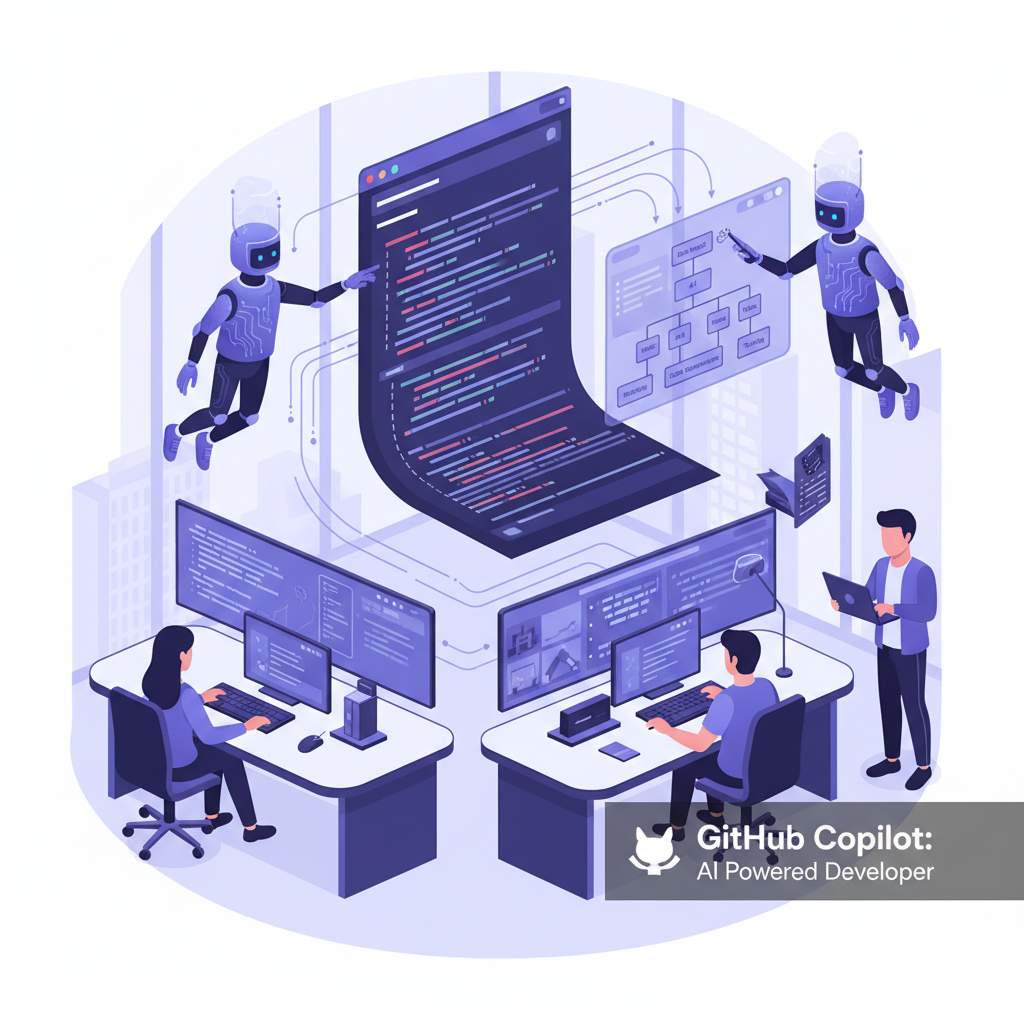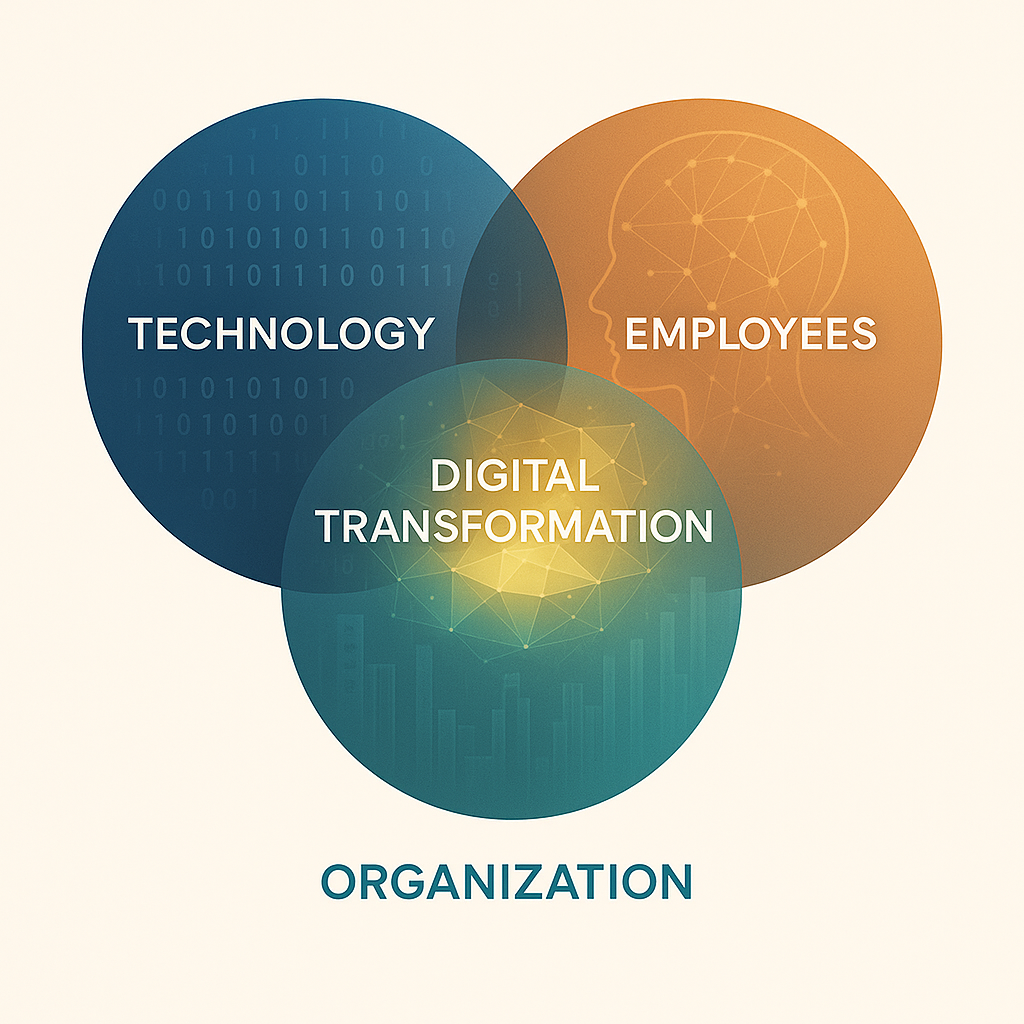The collaboration between developers and AI is shifting from simple prompts to a more sophisticated partnership, guided by structured instruction sets. This evolution is driven by emerging standards like AGENTS.md, which serve as a “README for agents” by providing the necessary context to work effectively on a project (e.g. https://github.com/openai/agents.md) Understanding these formats is crucial for developers seeking to harness the full potential of autonomous AI systems. Guiding AI with AGENTS.md The AGENTS.md file is a predictable and centralized location for project-specific instructions for AI agents. Its primary goal is to accelerate an AI’s “onboarding” process, providing immediate context on a project’s architecture, conventions,…
Comments closedTag: Employees
In our paper published in the British Journal of Industrial Relations Kathrin Weis, Felix Lukowski and myself show how the presence of works councils affects firms’ provision of further training, particularly in the context of rapid technological change in Germany. Using detailed firm-level data from the BIBB Training Panel (2019), the study investigates both the probability that a firm offers training (extensive margin) and the share of employees participating in training (intensive margin), with a specific focus on employees in low-skilled jobs and on differences between firms with varying levels of digital technology. Key Findings The research finds that works…
Comments closedThe our “Navigating uncertainty: Employee participation dynamics in times of crisis” Marek Giebel and myself examine how the Global Financial Crisis (GFC) influenced the creation and dissolution of employer-led internal communication committees (ICCs) in German establishments. These committees—such as roundtable conferences or employee spokespersons—facilitate knowledge sharing and crisis management. Using data from the German IAB Establishment Panel (2004–2018), the study employs a difference-in-differences approach to analyze how crisis exposure affected ICC dynamics. Key Findings Crisis Impact on ICC Introduction Negatively affected establishments (those reporting adverse GFC impacts) were significantly more likely to introduce ICCs during the crisis response phase (2008–2009),…
Comments closedIn our paper “The Impact of a New Workplace Technology on Employees,” (published in the Oxford Bulletin of Economics and Statistics) Marek Giebel and myself investigate how introducing new technologies affects non-monetary working conditions—specifically overtime, training participation, and perceived labor intensity—using detailed German worker-level data from the Socio-Economic Panel (2014–2020). Our analysis reveals that these effects are most pronounced immediately after implementation and vary significantly across occupational and industrial contexts. This paper investigates the impact of the implementation of a new workplace technology on worker outcomes such as overtime, training and perceived productivity. While the effects of new technologies on…
Comments closedDigital transformation is the driving force behind sustainable business success in today’s fast-changing world. As I observe organizations striving to stay competitive and relevant, I consistently see three critical realms shaping the path forward: Technology, Employees, and Organization. Each acts as a pillar supporting the ultimate goal—delivering measurable economic and business impact. The Venn diagram above—an adjusted version of Hebing and Stolpe (2020)—serves as a foundational roadmap. It visually demonstrates how these three realms intersect, with Digital Transformation at the center. This framework guides the direction of this blog and all future content, ensuring a holistic approach to the topic.…
Comments closedOur study investigates how Germany’s Hartz IV labor market reform (implemented in 2005) reduced workers’ bargaining power and contributed to the decline of the labor share (the ratio of labor compensation to economic output). The research combines theoretical modeling with rigorous empirical analysis to demonstrate that reductions in the “outside option” (unemployment benefits) significantly decreased workers’ negotiation leverage, leading to a measurable drop in the labor share. In this paper we investigate the relevance of bargaining institutions in the decline in labor share. Several explanations for the decline exist, which consider the relevance of technology, globalization and markups. Surprisingly neglected…
Comments closedIn our article of “The Effects of Reforming a Federal Employment Agency on Labor Demand” by Kornelius Kraft and Alexander Lammers, we examine how the Hartz III reform of Germany’s Federal Employment Agency (FEA) influenced employment growth at the establishment level. Our focus is on understanding the real-world impact of modernizing public employment services on firms’ hiring practices and labor demand. In this paper we report the results of an empirical study on the employment growth effects of a policy intervention, explicitly aimed at increasing placement efficiency of the Federal Employment Agency in Germany. Find out more in our latest…
Comments closedIn our article “Employee Representation and Innovation – Disentangling the Effect of Legal and Voluntary Representation Institutions in Germany,” I examine how different forms of employee representation shape innovation in German companies. My research pays special attention to the distinction between statutory works councils and voluntary representation bodies, with a particular focus on the unique advantages offered by voluntary forms of representation. Technological progress is essential for economic growth and the competitiveness of every firm. Find out more about the relationship between employee representation and product as well as process innovation in our latest SFB 823 discussion paper No. 04/2019.…
Comments closed






